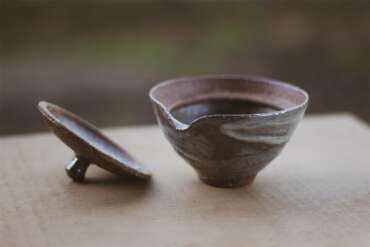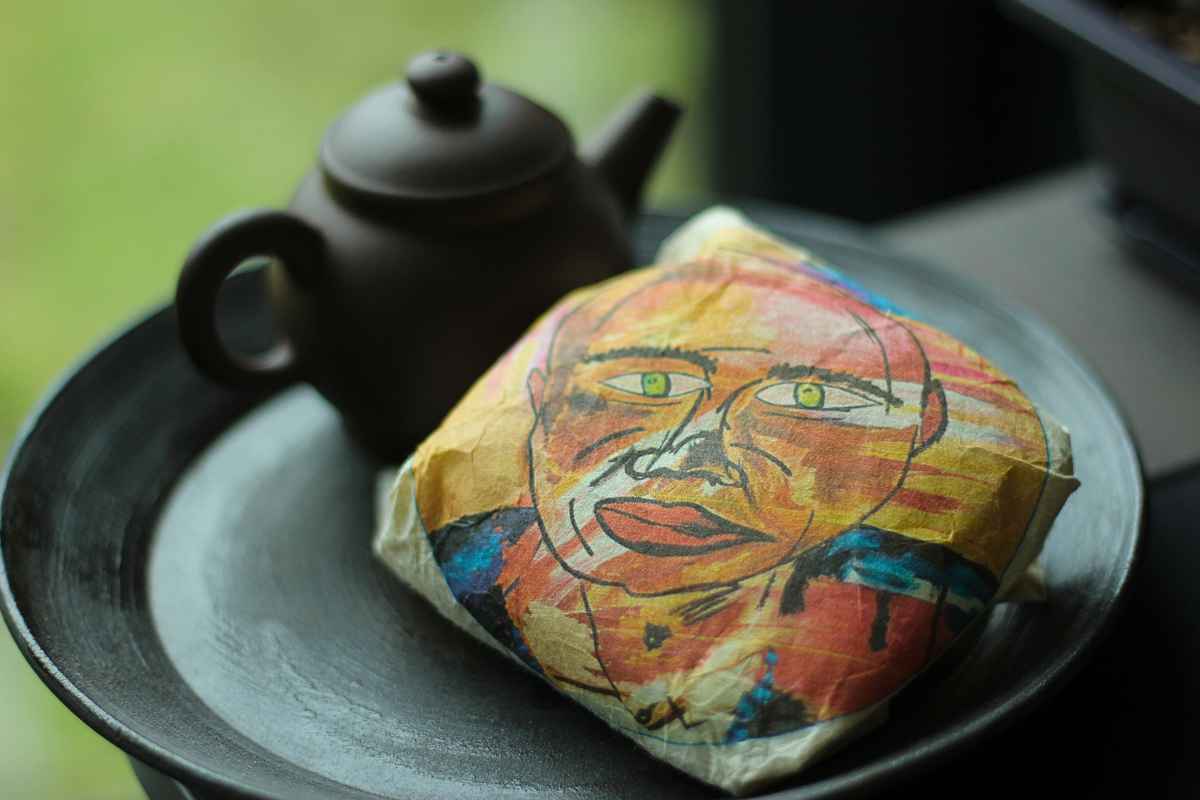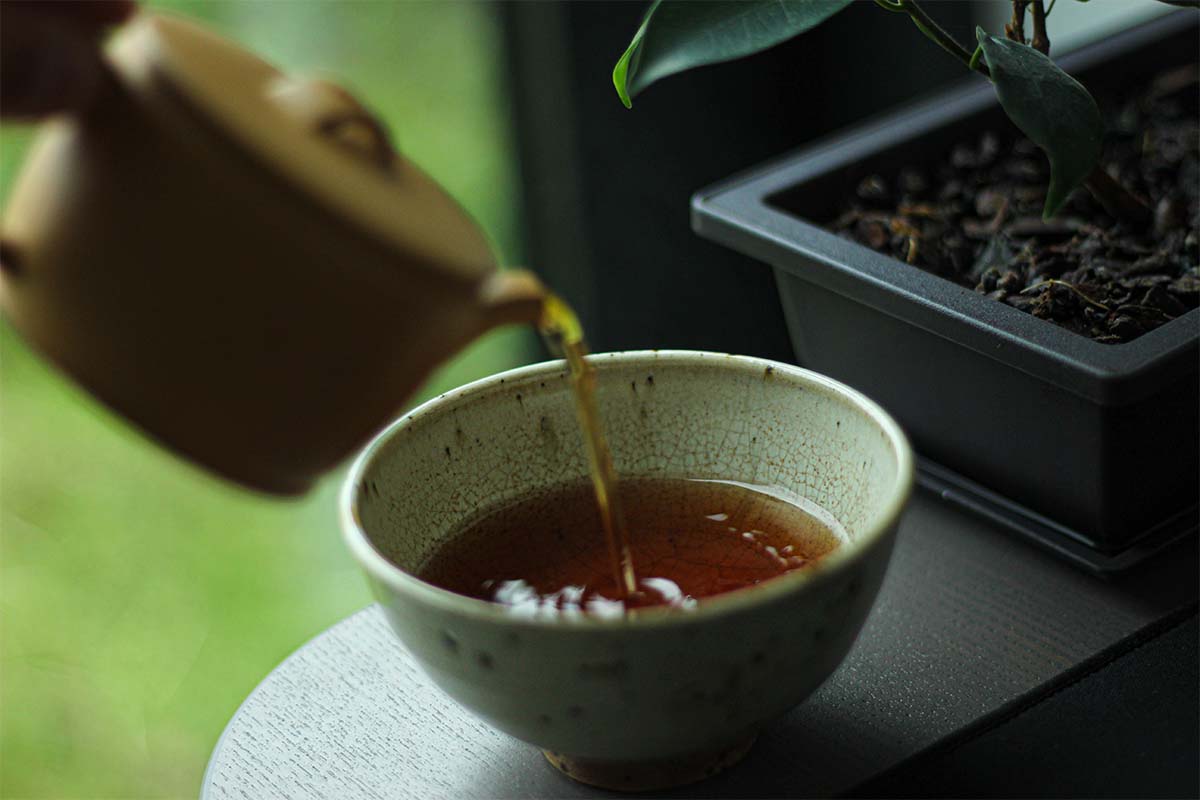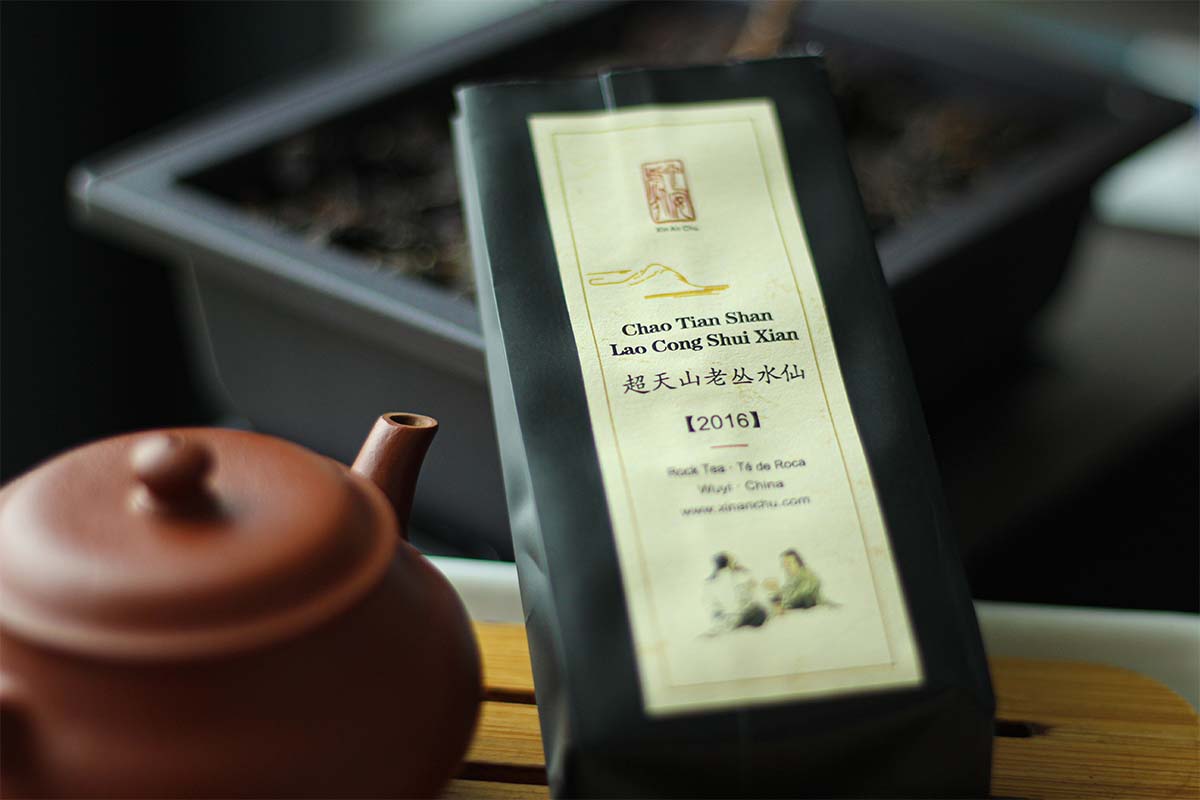A question I get asked fairly often is: “How can I make better tea?” That is why I decided to write a blog post about things I’ve learned that have greatly improved my gong fu tea sessions. I noticed improvements not only in the flavours and feelings I’m experiencing during my sessions, but also in the things I get out of it. I feel that after each session, the tea has taught me something. This is not a list based on pure facts, but rather a list based on my own experiences so I recommend to treat it as such. I don’t claim that this list is the perfect way to go, but it has helped me so it might also help some of you who are finding their way in the world of loose leaf tea.
Have you considered subscribing to Tea Adventures? You can enter your email address in the sidebar and get updates whenever I publish a new article. You never have to miss an article again by joining our mailing list.
How to Improve Your Tea Sessions
During my adventures with loose leaf tea, I have discovered quite a few things that have made my tea sessions better and more enjoyable. I will talk about each aspect in more detail and they are in no particular order. For me, some had a bigger effect, but this might not be the case for you. Think about these aspects for yourself and see which one(s) could benefit you.
Better Tea
Of course, the easiest thing to do to improve your session and make better tea is buying better tea leaves. There are numerous different stores where you can buy tea (you can check this list I made), but I advise you to buy from stores that you trust. When I began drinking loose leaf tea, I used cheaper and lower quality leaves and the difference is huge. Buying better tea is the easiest way to improve your tea but it can also be quite expensive if you go for the best of the best. One thing to keep in mind is that buying the best tea out there is not a guarantee for brewing the best cup of tea. You need to approach tea with reverence and brew it the way it wants to be brewed. Only then will the tea release the best it has to offer.
Water
Tea is 99% water so you might have guessed that this has a big influence on the tea you brew. In theory, you should use water that has a low evaporation residue because if this isn’t the case, the chemicals in the water will react with the tea leaves and affect the taste. I have experimented with such water and I really don’t like the taste of it. If I don’t like the water itself, how will I like tea made with this water?
Some people claim that bottled water is the best, but there is such a huge variety that there is no simple answer. There are a lot of brands available and tap water is even more diverse; it all depends on where you live. Try to compare different kinds of water by drinking them pure, so not infused with tea. Which water do you like the most? Take this water and use it to brew your tea. Don’t follow what everyone else is saying, but find your own way. It’s your journey and you have to brew tea how you like it. Keep experimenting!
Water Temperature
Changing the temperature of the water also has a huge impact on the brew. Some teas like to be brewed at lower temperatures and if you don’t have a kettle on which you can set the exact temperature, this can become a problem. One easy way to fix this issue is buying a food thermometer. It doesn’t cost much and allows for more precise tea brewing; definitely when you’re starting out. In the beginning, I was using mine all the time. After a while, you get used to it and feel when the water is just right.
Heating Water
A final aspect that has to do with water is how you heat or boil your water. When I started out (and I still do today when I don’t have much time), I used an electric kettle to heat water. Another way to heat water is by using an iron tetsubin. I recently got one and I definitely notice differences in flavour and overall experience. These changes might be subtle, but I’m getting sweeter water when I use my tetsubin. The unglazed iron on the inside of the kettle is supposed to make the water sweeter and that is exactly what it does, in my own experiences. You can go for the real deal and buy an antique one, which costs a lot of money. If you’re happy with basic, it will cost a lot less. If you want to buy one, you can look for shops that sell tetsubins using this list.
Teaware
When brewing tea, it’s important that you use the right tools. There is such a big variety of tools available that you might be overwhelmed. The item that will have the biggest effect on tea is the teapot. You could go for a porcelain or ceramic teapot, but most teas do really well in Zisha teapots. These are teapots made from Zisha (or purple) clay and have a particular effect on the tea as minerals in the clay react to elements in the tea. People have been using Zisha teapots for centuries, which shows their value. Unfortunately, buying one of these might get expensive very quickly… If you want to buy a Zisha (or Yixing, because the clay comes from a city called ‘Yixing’) teapot, make sure you buy from a trustworthy vendor as there are a lot of fakes out there.
A general rule is to have a Yixing teapot for every type of tea. However, if you’re starting out, this might not be an option. If you can’t buy several pots at once, just focus on getting a really good one and use it for every type of tea. Just make sure you don’t leave tea leaves in the pot after a session and clean it with water. It’s better to have one really good pot for all your teas than having a lower quality pot for each type. When I bought a Zisha teapot, I noticed a big difference in flavours. Keep in mind that not all teas do well in Yixing teaware. It’s mostly personal preference so experiment with tea and teaware to find the combination you like.
Yourself
Perhaps the most important aspect when brewing and drinking tea is yourself. In Chinese, there is a saying that making tea consists of three aspects: tea, water and you. If you are having a tea session, try to forget everything else. Just focus on the now. Nothing else is important, except you trying to make the perfect cup of tea. Don’t think about what has happened or what will happen, but focus on what is happening at that particular moment: you making tea. Tea is the result of the tea leaves, the water and what you put into it while brewing. The more focused you are, the better your tea will be. This might sound weird, but if you believe in it, it works. Just think about it; don’t you enjoy a good meal more when you are relaxed and don’t have to think about anything else? This is also the case for tea and it’s even more important as you also brew the tea. If you don’t believe me, just try it.
Don’t know where to buy tea online? I made a page on the website with over 200 online shops and I keep updating it regularly. You can check it over here.
Conclusion
These four aspects have greatly improved my gong fu tea sessions and what I get out of it. The first step to making better tea is to buy better tealeaves. You can go as far as you want, but try to find a good balance between quality and price. Water also has a big effect on the outcome of the tea you brew. The type of water, the temperature and how you heat water are based on personal preference and which tea you are preparing. Investing in a good Zisha teapot is expensive, but really worth it. Minerals in the clay work well with tea and they greatly affect the flavour. A final element that affects the tea is the person who is brewing it. The person making tea has to be mindful and focused on the process of brewing itself. Nothing else matters, only what is happening at that moment. I really hope these aspects are helpful in any way so they can help you brew the perfect cup of tea.




